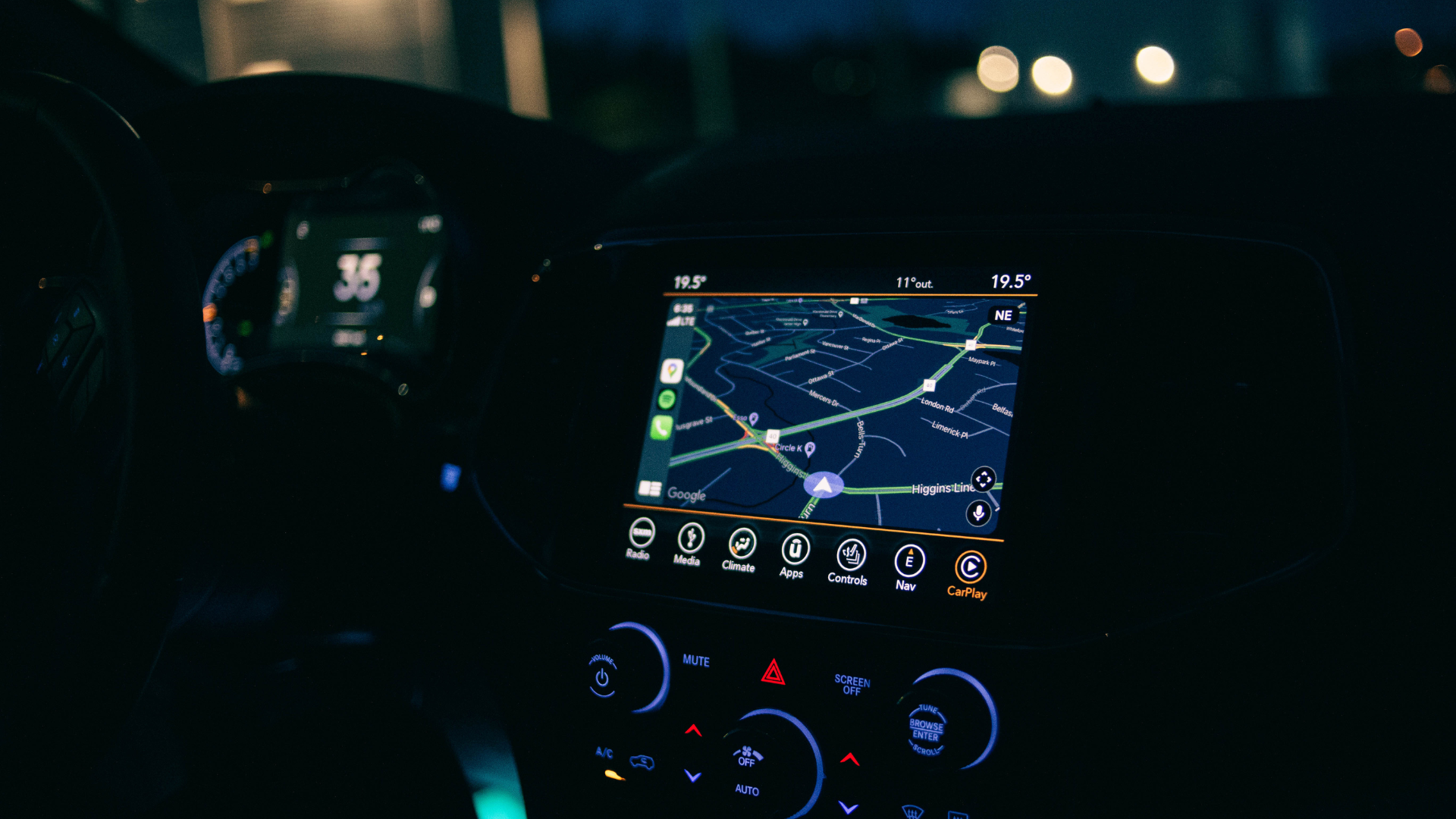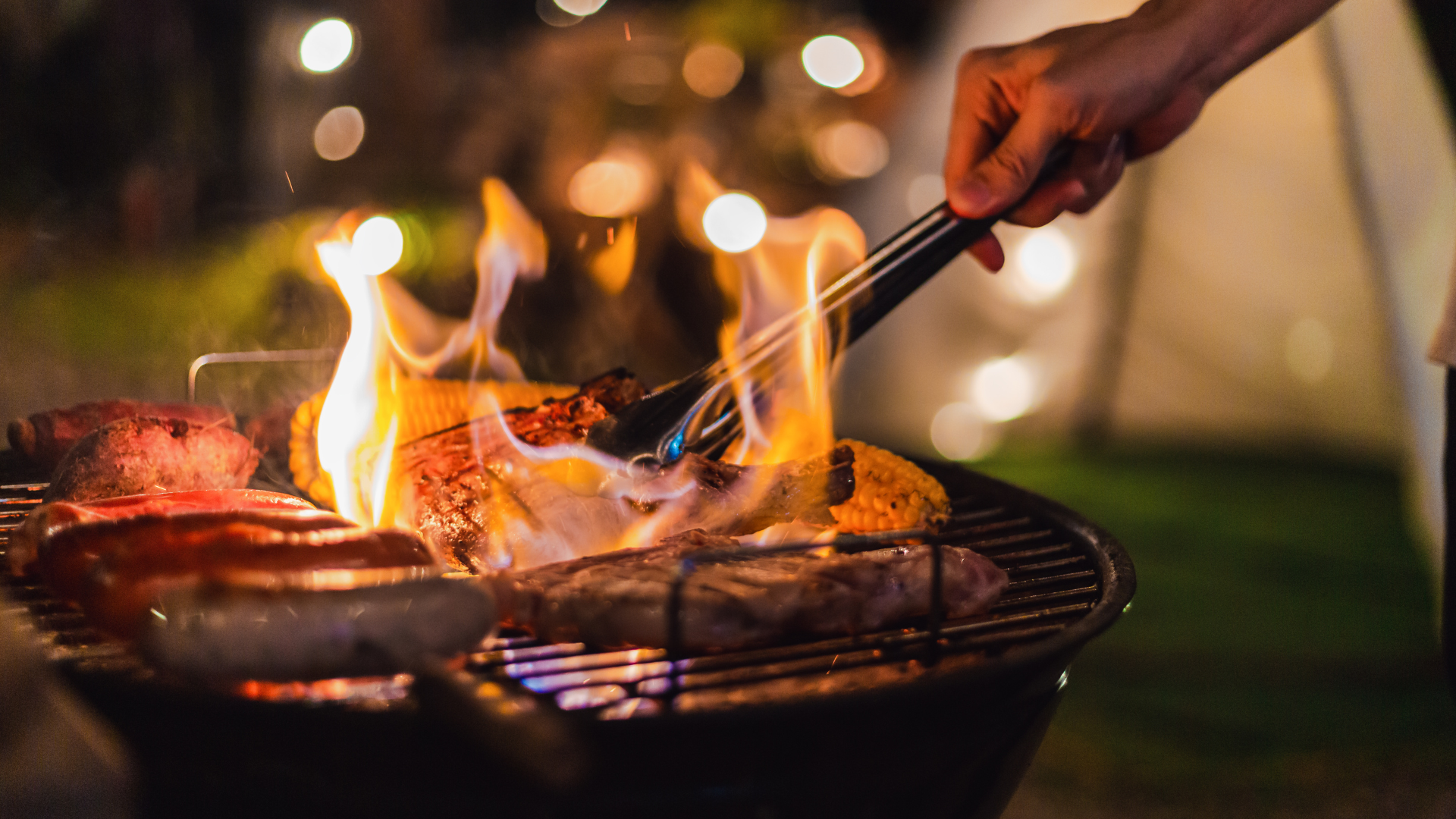Preparing for an exciting summer vacation? While you’re making a list and checking it twice, loading the car with all the suitcases, coolers and other travel necessities in order to enjoy that much-needed time away from home, adding some simple tasks before, during and after your trip can help ensure you reduce your carbon footprint and come back to a well-kept home and a lower energy bill.
Before the trip
Adjust your water heater settings or set it to vacation mode, if available
A tank of warm water is no use to an empty home, where showers and baths would be taken regularly. Set your water heater to a lower temperature, or enable the vacation mode to ensure that you’re only paying for the hot water that you use.
Close your blinds and windows
Leaving blinds open allows sunlight to heat your home while you’re away. This costs more money later as your air conditioning system has to work harder to bring your home back to a comfortable temperature once you return.
Adjust your pool filter
Heating a pool that is not being used by anyone is unnecessary energy consumption and an easy way to run up your electricity bill.
Let’s hit the road

Now that your home is well prepared for your return, what is there to worry about next? If you’re taking your electric vehicle (EV) out for a summer road trip, it can be stressful to plan your ride around battery charging stops. Here are some habits that will make your trip easier for yourself and the EV owners around you.
Let the map lead the way
Most GPS systems installed within EVs have the ability to identify charging stations along the route using Waze, Google Maps, and other route assistance apps. Some maps even specify the type of chargers you may find so you can plan your stops ahead of time.
Adapt to foreign chargers
Be conscious of your vehicle and the charging port it requires. You may need to invest in an adapter or bring your own charger from home if local chargers are not compatible with your model.
Plan now or wait later
Know that there are several conditions that may affect the mileage of your vehicle such as cold weather, air conditioning, and excessive speeding. Due to the higher consumption of energy, you will need to plan extra trips to the charging station which may delay your arrival time. Leave extra mileage in the tank just in case the closest charging station is out of order or already in use.
Once you reach your destination, consider the small things you can do to make a difference in your carbon footprint and energy consumption as a visitor:
Use public transportation
Consider using public transportation before calling a taxi or an Uber. Public transport - especially when electric - is cheaper, reduces your carbon footprint by lowering overall gas emissions and eases congestion on local and main roads.
Support local eateries and businesses
Not only does dining at local restaurants represent the true culture of the country you’re visiting, it also supports the local economy and recognizes the efforts that small businesses make to produce and source goods locally.
Reuse your towels and bed sheets
Before asking room service for a new towel or bed sheet every morning, consider reusing it to save the extra energy it takes to clean them. Reusing towels as you likely already do at home helps businesses save water as well.
Home sweet home

There’s both a good and bad feeling about coming home after a successful vacation. On one end, you’ll miss the views and perhaps the exotic heat of your trip, but on the other, you’ll be relieved to return to the comfort of your home. To keep the temperature and energy bill low, consider the following tips when settling back in:
Invest in a fan
Air conditioning is typically the highest expense on a homeowner’s energy bill. As an alternative, investing in a hand-held or plug-in fan is much cheaper and equally rewarding as the outputs of your air conditioner.
Cook with smaller appliances
Larger appliances like conventional ovens exert substantial heat and require more effort from your air conditioner in order to reach a comfortable temperature. As an alternative, using smaller appliances like a microwave or an air fryer will help reduce the energy and heat that is produced and stored in your home.
Bring out the barbecue
Whether you’re alone or with friends and family, summer is the perfect season to dust off the barbeque. Outdoor grilling keeps the heat out of your home and results in delicious meals to be enjoyed in the sun.
Check out our tasty ways to save on energy for some delicious summer recipes and learn how you can make a big difference with a small appliance. For more information about general energy saving tips, visit our website.